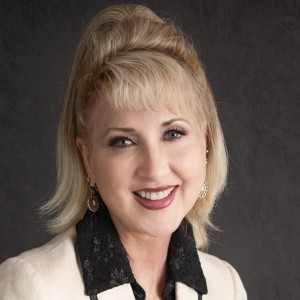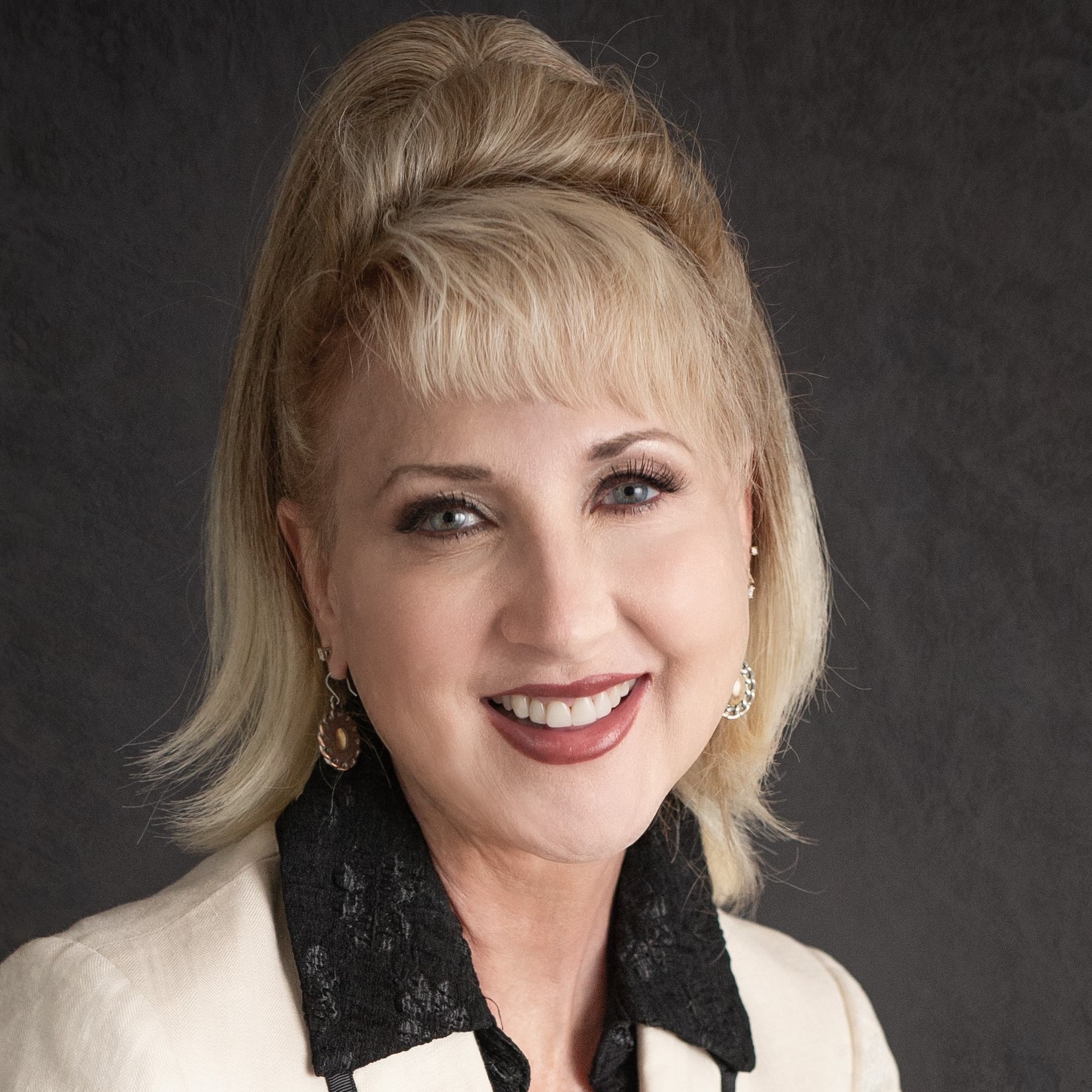Episodes

Monday Aug 07, 2023
I Want to Know What Love Is (8-6-23)
Monday Aug 07, 2023
Monday Aug 07, 2023
Remember that song “I Want to Know What Love Is” by the band Foreigner? Today Cinthia discusses the lyrics of that song and the deep human longing it captures. Love is foundational to human beings because God, Who is Love itself, made us in love. The Bible even says that “love never fails” (I Corinthians 13:8). Many people, however, think love has failed them because they have experienced the failure of human beings to love well. And, as bands like Nazareth have sun in the Boudleaux Bryant classics by the same name, “love hurts.” Many people have been hurt so deeply that they now mistrust love or castigate themselves for trying again and again to make love work. Today Cinthia looks at some concepts we must understand about love, starting with the need to recognize God as the Source of real love and as its only perfect Example. We often learn things about love that turn out not to be true, and we may think we have found love, only to realize that what we found was not love at all. So how do we recognize the real thing?
True love does not always feel good. We often confuse real, healthy, corrective, painful love with abuse because we do not expect love to ever cause negative feelings. Meanwhile, we interpret experiences that are intense and pleasurable as true love when they may, in fact, not be that at all. As we become “healthier and more truth-based,” says Cinthia, we become more able to recognize that the thing that makes us feel best in the short-run is not always love. It is important to recognize, however, that the hurt of true love always produces fruit and growth if we allow it to do so, while hurt that comes from selfishness, dysfunction, foolishness, and narcissism (even when those things masquerade as love) only injures and harms. It is true that we can choose to gain even from the wounds that did not come from true love, or we can get hurt and then get harder and harder. Faced with the legitimate hurt of true love and the corrupt injuries of imperfect love, however, many of us want to flee love altogether. Cinthia explains, though, that “anything that’s of value is going to have a deep effect on you, on the people around you and the ones that you love. And there is no way to only have a Valentines love. It’s immature. It’s stunted in many ways. So we want to make sure that we’re recognizing that love is very powerful -- in good ways and also in negative ways.”
The fact is that human beings need love. While we may benefit from recognizing destructive patterns in our search for love, we are not “stupid” for continuing to try to find love after being hurt. Humans are made in the image of God, and He always keeps trying. He is determined to love, and so humans also keep trying. Cinthia notes, however, that the abovementioned Foreigner song mentions the need to “take a little time” after being hurt in order to heal before trying again too quickly. She states that this is good and important advice. She also recommends we try to understand love a little more before we go back out to look for it, saying to God with the lyrics of the song, “I want to know what love is. I want You to show me.” God is the One Who most intimately knows what love is because He is Love. The abovementioned song “Love Hurts” seems to mirror the experience of Jesus in coming to earth, witnessing the tragic state of His own creation all around us, and finally allowing us to kill Him. He knew, accepted, and experienced that “love hurts, love scars, love wounds and marks.” He died under the disconnection from others and from self that sin creates, experiencing separation from the Father within His Triune Self because He took our sin on Himself. His heart was tough enough to experience that pain and remain tender.
Exploring popular songs (especially from the 80’s because, well, this is Cinthia’s show we’re talking about) and ideas from romance novels, Cinthia noted that the most enduring and popular themes reflect the love of Jesus. In these stories, the Hero sees, rescues, and even dies for the beloved, finally taking her to a place of perfection to live without pain. What seems unrealistic about these stories when we assume them to be about human relationships makes more sense when we see them reflecting our underlying longings for God. True love does exist. True love’s pain is not in vain, but for gain.
Cinthia also discussed references to love in the Bible (I Corinthians 13, Romans 12, and about 550+ other appearances of the word, though that number varies by translation) and the advice of Shakespeare from All’s Well That Ends Well, Act 1, Scene 1: “Love all, trust a few, do wrong to none.” She advocated trusting God implicitly because He is perfect but not trusting humans implicitly since doing so can increase our chances of serious and repetitive harm. This does not, however, mean that we never trust anyone at all besides God. Instead, we look for trustworthy people. Trustworthy people are not perfect but do care about their mistakes, grieve when they hurt someone else, and try their best to make things right. These people, while mistake-making, are not the same kind of dangerous as people who are not trustworthy. Cinthia encouraged appropriate expectations instead of relational idealism or a refusal to ever trust anyone. Cinthia recommends that we not blame love for the failures of humans. Love is a quality, and people exhibit qualities in varying degrees and ways. Cinthia also considered the question, “What is not love?” Some so-called “love” is more hurtful than helpful. Love is not apathy, constant indulgence, passivity, reckless freedom that leads to bondage, enabling, dishonesty, shaming, blaming, guilting, controlling, telling your secrets/“outing” you in front of people, shaming you in public, or chaotic inconsistency.
There are elements of love that are undefinable, and Cinthia suggests that this is related to our uniqueness. We are so different from one another that we do not easily fit with one another. But God “gets” all of us. He made you for Himself. He knows you. He likes you. We need to be seen and to be loved and liked at the same time, and only God can fully meet that need.
God created us in love. Relax your body. Loving can be a dangerous endeavor, but it’s so worthwhile.

